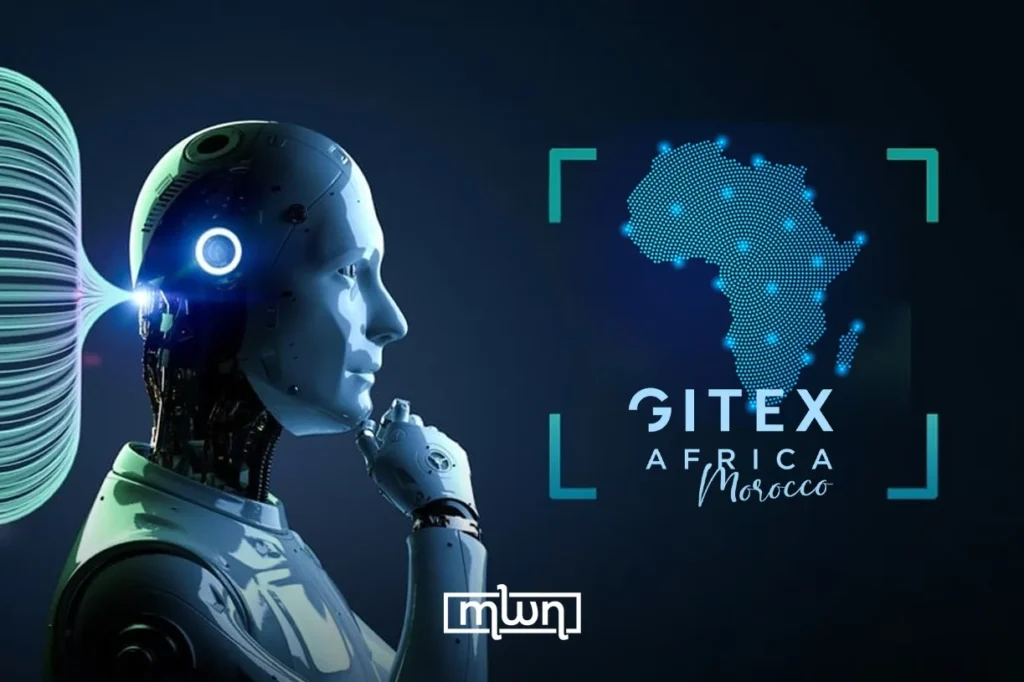Marrakech-Gitex Africa 2025 will take over Marrakech from April 14th to 16th and bring together the smartest heads of the continent in technology, business and investment.
Think of AI breakthroughs, fintech movements and cyber security, all of which take place under the Moroccan sun.
One of the many exciting features of this Tech Festival is Africa’s digital summit.
In the three days of Gitex Africa you can expect power plant speakers, new technologies, deep dives in digital economies and some serious conversations about the digital public infrastructure (dpi).
If you shape the digital future (or only want to be in the room in which it happens), this is the place!
Let’s look at the main areas that this summit covers.
The digital economy: a new blueprint for growth
Let’s start with the overall picture: Africa’s digital economy.
It grows incredible and in just a few years it will probably be worth around 180 billion US dollars.
But how did it get there? The key lies in innovative framework conditions that create a fertile environment for startups, tech giants and governments to work together.
Countries like Kenya are at the top of the Fintech innovation with platforms such as M-Pesa, which enable millions of people to access banking services via mobile phones, while the technical ecosystem in Nigeria is booming, with Lagos becoming a stronghold for tech startups.
This growth is not just about numbers. It is about strengthening local communities, creating jobs and stimulating economies on the entire continent.
The infrastructure to support this growth such as increased Internet connectivity and the increase in digital payment systems is also decisive.
And since Africa’s commitment to the creation of the world’s largest internal market as part of the African Continental Free Trade Area (AFCFTA), the digital economy is ready for exponential growth.
Digital public infrastructure (dpi)
Now let’s talk about infrastructure. So that every digital economy is successful, robust public services are not negotiable.
With the development of digital public services, Africans have the opportunity to pay taxes online, access government services or receive services on the entire continent – all with one click.
Morocco and Kenya set up the pace with the initiatives that aim to build comprehensive national digital identities and enable citizens to interact with state services more efficiently.
The focus on digital identity systems, data protection and cyber security has never been more critical, especially since Africa becomes a hotspot for cyber threats.
Take the example of Kenya Huduma Namba, a national identification system that integrates biometric data for citizens.
With technically top -class technologies, all people, regardless of where they live, have access to the digital services that change their daily life.
But it’s not just about technology – it’s about efficient government.
Since the development of data -controlled governance in Kenya and on the entire continent continues to flourish, governments learn to make more intelligent decisions based on real -time data.
This is the key to the development of public order, since it contributes to the fact that decisions are more informed by solid evidence than by presumptions.
Digital transformation and intelligent cities
If we slowly move to the era of intelligent cities, we should think about how urban life changes.
All over Africa, use in the city AI starts. Cities like Kigali occupy smart city technologies to improve everything from public security to traffic management.
This is greater than the creation of futuristic cities in real life, as we see in science fiction films, there is a real strategy.
Cities include AI to solve some of their greatest challenges such as overload, waste management and energy consumption.
The rise of strategies for digital transformations underpins a new wave of innovations in which urban areas are more efficient, sustainable and connected.
Rwanda is a country that leads the indictment by making the Smart City concept a concrete reality.
The government’s vision is a city in which the technology from transport to energy management drives everything.
Kenya also takes the lead. Nairobi promotes digital transformation by implementing the solutions for Internet of Things (IoT) in order to monitor and optimize public services such as waste collection and water supply.
These are not just pilot projects; They are part of a larger advance of using digital tools to solve real urban challenges.
The big picture
Gitex Africa is more than just a showcase of the latest technology. It will be a chance to see how far Africa has come – and where to go next.
Africa is making progress in creating a networked, technically -shaped continent, on which the digital economies thrive, which citizens effortlessly access public services, and cities use to become more efficient.
And now it happens – no longer a fine dream, but a reality that has built up an innovation.
For those who are new to the digital revolution, the perfect time is now to get involved.
For those who are already on board and willing to advance these new ideas, Gitex Africa will be the right place for you. The future is bright and digital.





